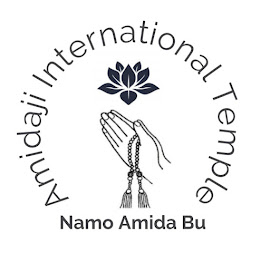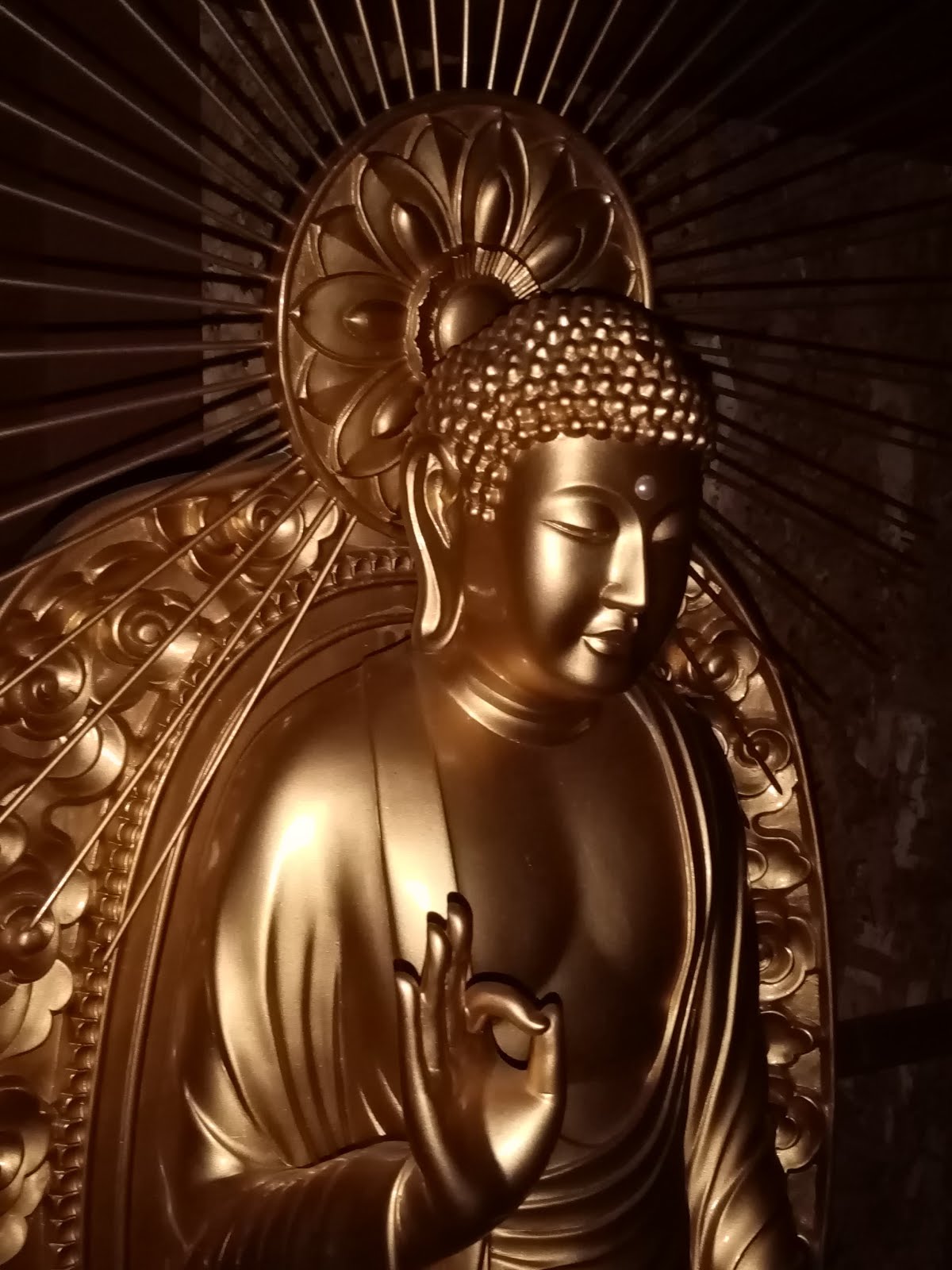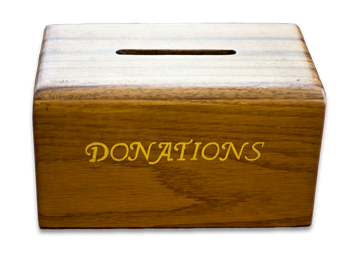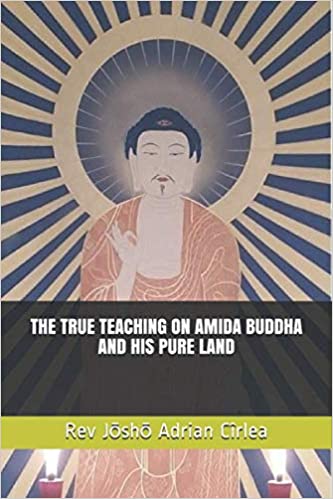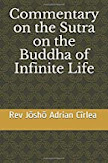Hello my Dharma name is Chikai, which means "The Ocean of Wisdom". (of Amida's Primal Vow)
My name is Ana Galo Suárez, I am 47 years old and I live in my native country Uruguay.
When I was about 8 years old my mother bought me a children's Bible, I think that channeled the sense of faith in something bigger than me. I vividly recall some personal religious experiences related to the perception I had of a supreme reality. These thoughts were so deep that they moved me to tears.
When I was 10 years old I reflected a lot upon religious matters. I eagerly sought high and low for the Truth, the connection with a Supreme reality that I had only an intuition about but I couldn't name or comprehend.
I had some supernatural and wonderful experiences that I relate to spiritual dimensions as these profound experiences caused a mysterious feeling of compassion inside me.
Everything related to Chinese culture attracted me and when I was about 23 years old I began to practice Self Defense, part of the martial arts tradition of Kung Fu.

